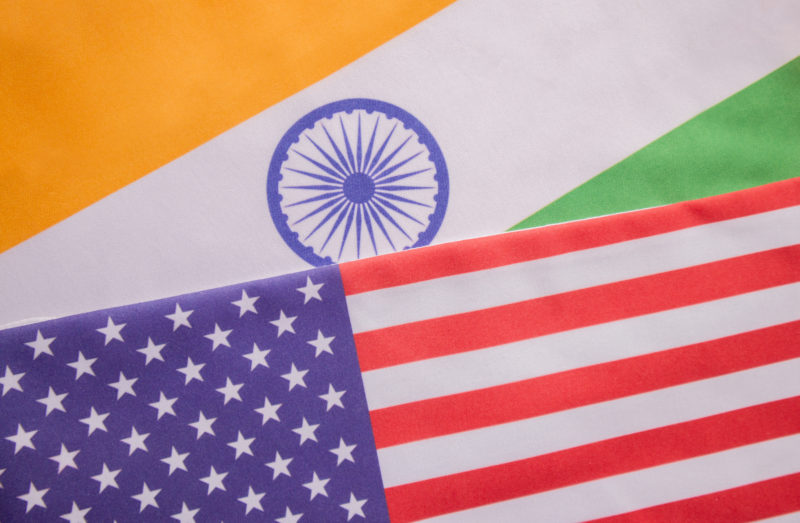
Impact of US tariff hike on India may be limited threat to economic growth : S&P Global Ratings
NEW YORK : S&P Global Ratings on Wednesday said the impact of the US reciprocal tariff will be limited on India as the economy is domestically oriented with less reliance on exports. With India imposing higher tariffs than the US on most products — by an average of 6.5 percentage points — Washington could respond with similar levies.
YeeFarn Phua, Director, Sovereigns and International Public Finance Ratings, Asia-Pacific S&P Global also said India will clock a 6.7-6.8 per cent GDP growth over the next two years.
He said the fiscal 2025-26 budget will boost growth for the next few years, largely by domestic demand through tax cuts for households and GDP growth is now normalising to a more “sustainable level”.
“The government remains very much focused on investment-led growth and also on agriculture sector reforms. However, we do think that economic expansion in India is startling to normalise towards a more sustainable level after real growth had averaged 8.3 per cent over the last three years post-pandemic.
Goldman Sachs economists highlight three possible scenarios under Trump’s proposed “reciprocal tariff” policy: broad tariff hikes on all Indian imports, raising duties by 6.5 percentage points; product-specific tariffs, matching Indian rates, which could push the US tariff burden on Indian goods up by 11.5 percentage points and non-tariff barriers, including administrative restrictions and licensing hurdles.
Goldman Sachs estimates that depending on how demand responds, higher tariffs could shave 0.1 to 0.3 percentage points off India’s GDP growth.
S&P Global Ratings offers a more optimistic outlook, suggesting that India’s economy is well-positioned to absorb potential tariff shocks.
“India’s dependence on exports for growth is not that great. So, therefore, I think the impact of US tariffs will be more or less limited,” said YeeFarn Phua, Director at S&P Global Ratings.

